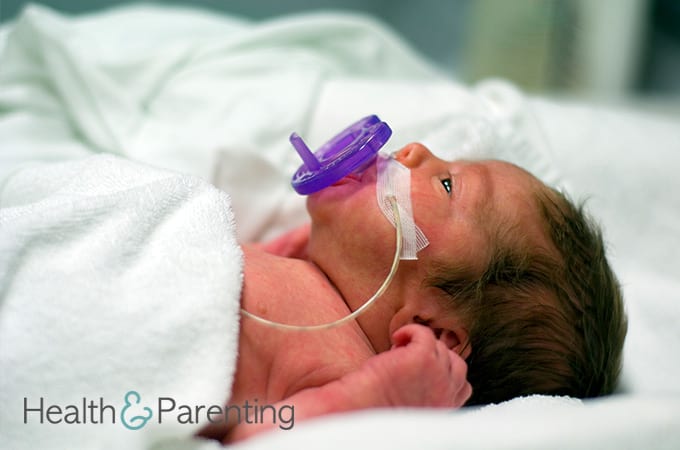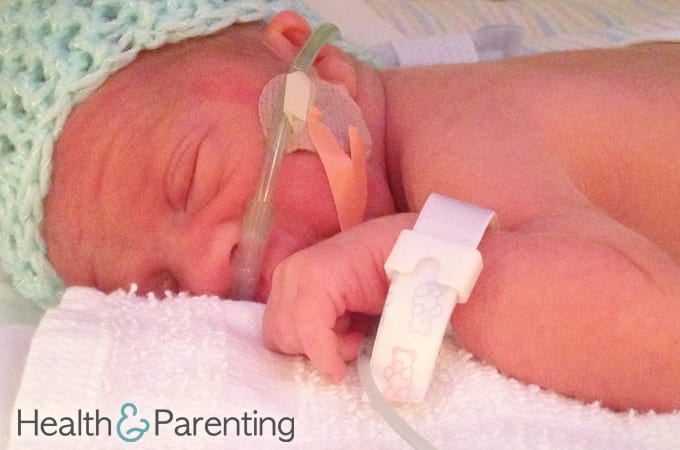A baby before week 37, is considered to be premature. Most premature babies are born after week 22. The later your baby is born, the better he is likely to do. A baby born later has more developed organs, and is better able to suck and feed. Premature babies often spend some time in the Neonatal Intensive Care Unit (NICU) before they are able to go home. Premature babies have an increased risk of suffering from health problems.
Around 8% of babies are born premature in the UK, and this number rises to 12.5% in the US. If you are having a healthy low-risk pregnancy, your baby is most likely to be born at term. Less than 2% of healthy singleton pregnancies end in premature labor in the UK.
Your risk of premature labor increases if you:
- are carrying more than one baby
- are underweight or overweight
- smoke
- use recreational drugs
- have had a premature baby in the past
- lack prenatal support
- work long hours in a physically demanding job
How to avoid premature labor
Unfortunately, there aren’t any hard and fast rules for how to avoid premature labor, however there are things you can do to greatly reduce your risk of going into labor too soon:
- stop smoking, drinking alcohol and using drugs
- eat a healthy, balanced diet
- maintain a healthy weight gain
- start prenatal care as soon as you find out you’re pregnant
- take your prenatal vitamins
- stay hydrated
- empty your bladder regularly
- get tested – if you are high-risk for a premature birth, ask your healthcare provider to screen you for possible causes. Knowledge is key to prevention.
If you go into premature labor
If you think you may be in premature labor, ring your healthcare provider immediately. If your waters break, or if you are having contractions before week 37, contact your healthcare provider without delay. They should ask you to go in to be checked out. Around half of all cases of suspected premature labor end with the mum-to-be being sent home once the labor symptoms stop.
If your labor has really started though, what happens next will depend on the prematurity of your baby. Very premature babies require steroid injections to speed up lung development before the birth. Your doctor may try to delay labor for as long as possible, buying the baby extra development time in your uterus.
Premature labor and birth can be very scary experiences, and you will need the support of your partner, friends and family at times. Your healthcare provider is best placed to offer advice and support during this time, and will be able to answer any of your questions.
Written by Fiona, proud owner of a toddler, @fiona_peacock
This information is not intended to replace the advice of a trained medical doctor. Health & Parenting Ltd disclaims any liability for the decisions you make based on this information, which is provided to you on a general information basis only and not as a substitute for personalized medical advice. All contents copyright © Health & Parenting Ltd 2018. All rights reserved.











